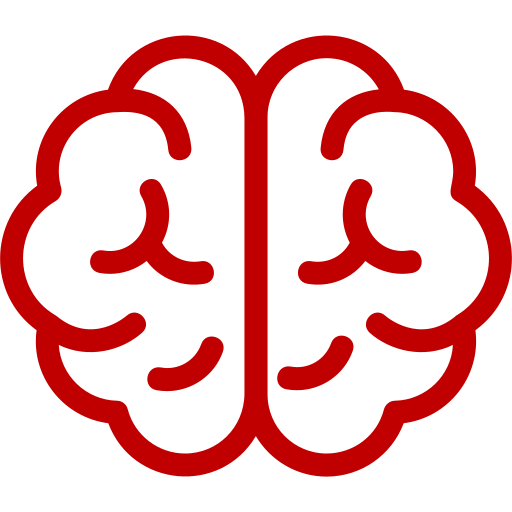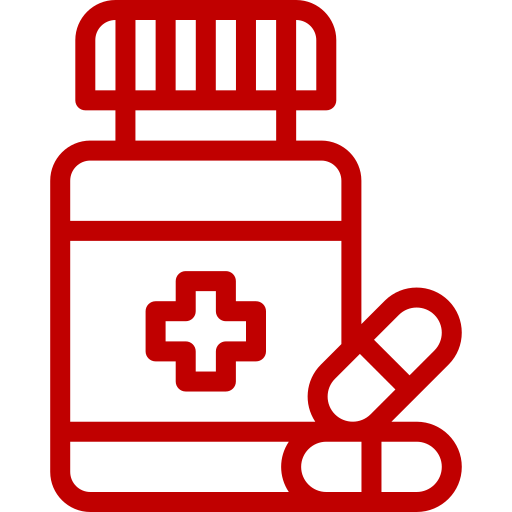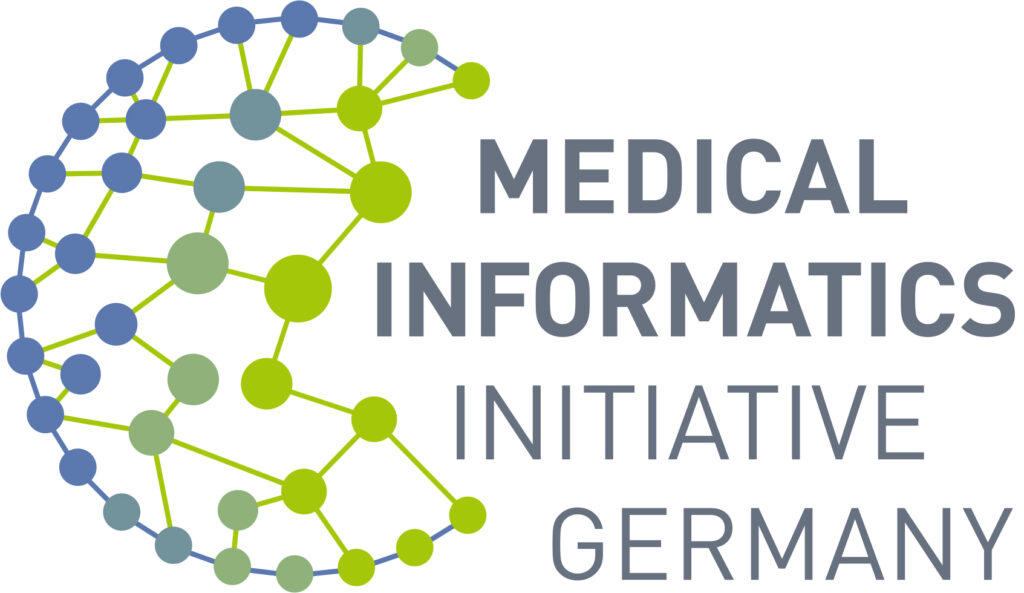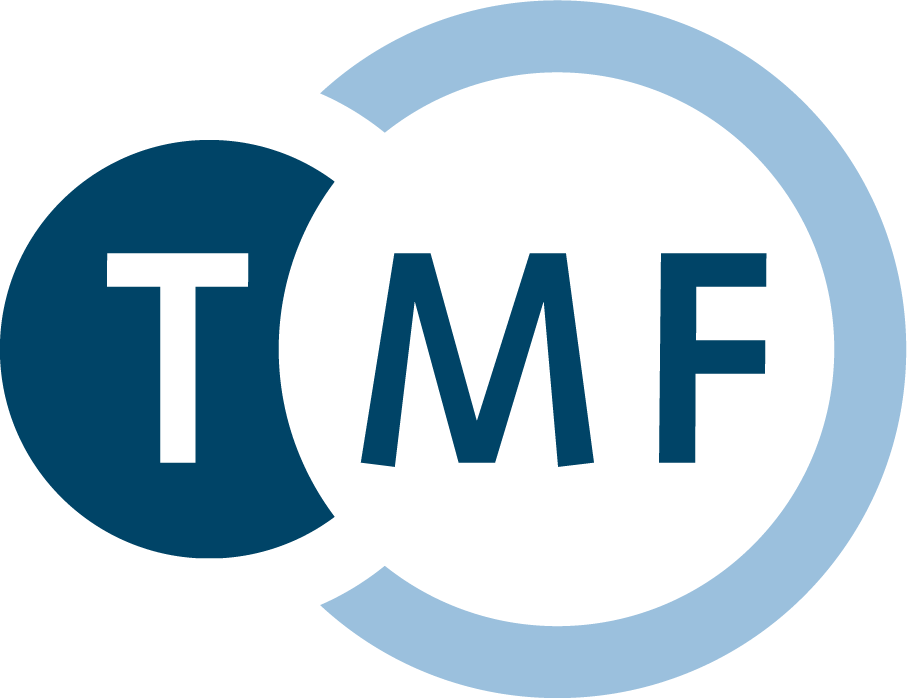Together with all consortia of the medical informatics initiative, DIFUTURE has enabled the cross-site utilisation of medical research and care data. Data integration centres have been established at the university hospitals and partner institutions and are now being further developed within the Network of University Medicine (NUM). The medical informatics initiative demonstrates its benefits for research and better medical care in many cross-consortia use cases. DIFUTURE partners are involved in the following projects:
Clinical use cases across consortia

Neurology
Patient data was standardised and analysed for early detection and precise prediction of the course of multiple sclerosis. This enables the timely initiation of customised therapies. At the same time, the Parkinson’s application case improved understanding and individualised treatment by opening up new analysis options through access to external data.

Oncology
The exchange and joint analysis of clinical and biomedical data – e.g. on genetic changes in tumours – helps doctors to treat cancer more effectively. The aim is to personalise cancer medicine even more across Germany in line with the National Decade Against Cancer.

Cardiology
Modern IT processes combine complex biosignals (such as ECG data) with diverse clinical information (such as blood pressure values and medications) to create a wealth of data. The analysis of this data should help doctors to identify risks for cardiovascular diseases more precisely and improve personalised care.

Lung diseases
By analysing data, doctors can better diagnose chronic lung diseases such as asthma and COPD and treat them more effectively.

Infection control
Patients should be better protected against bacterial blood infections in hospital. An automated data analysis system is designed to help assess their individual infection risks. It relieves the burden on medical staff and helps them to initiate preventive protective measures at an early stage if necessary.

Drug interactions
Innovative IT solutions make a significant contribution to optimising drug safety and therapies. In ward pharmacies, they enable the early detection of risky combinations of active ingredients, thereby better protecting patients from unwanted side effects.
Clinical use cases DIFUTURE
Multiple sclerosis
Our clinicians and scientists are centrally involved in research into multiple sclerosis. The spectrum of data that has already been integrated is broad and ranges from clinical and laboratory data to multidimensional image data and genetic data. Very large, already largely standardised data collections can be accessed here. Distributed analyses are intended in particular to advance the discovery of markers and algorithms for predicting the course of the disease and for early targeted and personalised therapy.
Parkinson's disease
In this use case, we will build on the integration and analysis methods developed for the multiple sclerosis use case and also harmonise data of various kinds, integrate it in a quality-controlled manner and then make it usable for analyses. In this and other use cases – including rare diseases, cancer, stroke and cardiovascular diseases – the aim is to enable precision medicine that significantly improves therapy as well as (early) diagnosis, prevention and aftercare for patients.
Rare diseases (completed)
Standardised case documentation and customised IT solutions support doctors and researchers in understanding rare diseases more precisely and improving medical care for those affected.
Data on biosamples (Completed)
The networking of biobanks and data integration centres expands the basis for data-based health research. This enables researchers to identify diseases and their variations more precisely and optimise therapies.

© 2024 DIFUTURE



